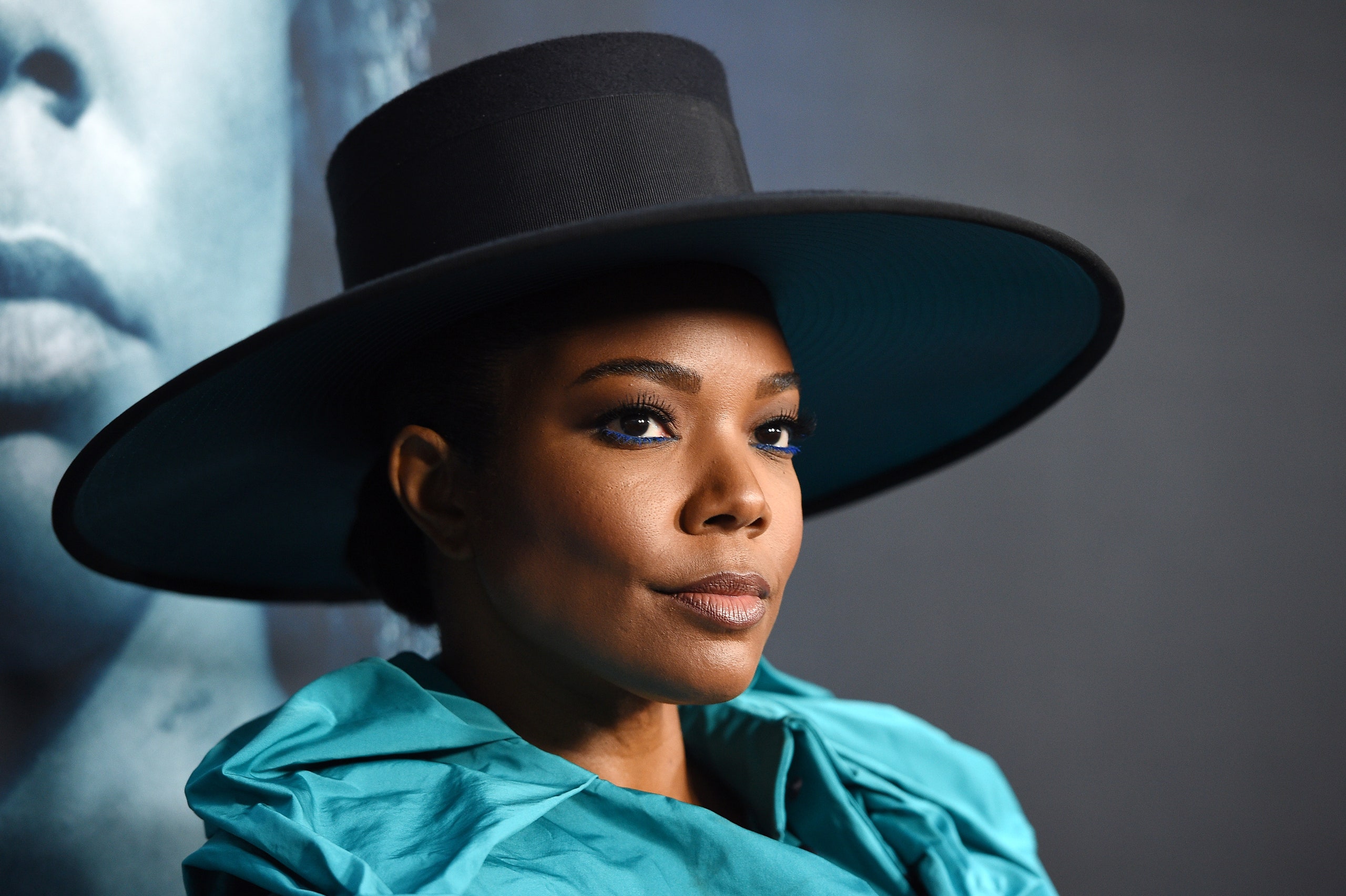Gabrielle Union shared her experience with anxiety and PTSD over the last 30 years after being raped as a teenager.
The actress posted a clip of herself and her husband Dwyane Wade being photographed on the red carpet at the 2022 Met Gala on Instagram on Tuesday, discussing in the caption how her post-traumatic stress disorder has limited her life. “As a rape survivor, I have battled PTSD for 30 years,” she began. “Living with anxiety and panic attacks all these years has never been easy. There’s times the anxiety is so bad it shrinks my life. Leaving the house or making a left hand turn at an uncontrolled light can fill me with terror. Anxiety can turn my anticipation about a party or fun event I’ve been excited about attending (Met Ball) into pure agony.”
Union went on to urge people to “please believe” survivors the first time they share what they're going through. She added, “No, it’s not like being nervous and everyone experiences and deals with anxiety differently, and that’s OK. I don’t need you to try to ‘fix’ me. I share this as I hope everyone living with anxiety knows they aren’t alone or ‘being extra.’ I see you, I FEEL you and there is so much love for you. Always. Love and light good people. Be good to each other out there.”
In her 2017 book of essays, We're Going to Need More Wine: Stories That Are Funny, Complicated, and True, Union wrote about being raped at gunpoint at 19 after a robbery at the Payless shoe store where she was working. Over the years, she's also spoken about making the choice to “embrace” her identity as a survivor of sexual assault, telling E! News in 2017, “I have to keep talking out because people feel like they're the only ones. They feel like are on an island by themselves; they feel like they are screaming into a hurricane and nobody is listening and I am just trying to say, 'I'm listening. I hear you. I've been there, and there is light at the end of the tunnel.'”
She continued, “Every time I talk about being raped, someone will come up to me in a bathroom or an amusement park and say, ‘Me too.’ In that instant I am completely connected. I know everything and nothing all at once. What we are able to share is a sense of community of survivors and we are just doing our best, but that we put one foot in front of the other. There's light at the end of the tunnel and that's the importance of sharing the stories when you're ready.”
More Great Stories From Vanity Fair
Peter Thiel, J.D. Vance, and the Dangerous Dance of the New Right
Ivanka Trump, Sensing Power, Slinks Back to the National Stage
An Epic First Look at Gladiator II
Looking for Love in the Hamptons? Buy a Ticket for the Luxury Bus.
The Dark Origins of the True-Crime Frenzy at CrimeCon
Palace Insiders on the Monarchy’s Difficult Year
The Best TV Shows of 2024, So Far
Listen Now: VF’s Still Watching Podcast Dissects House of the Dragon

